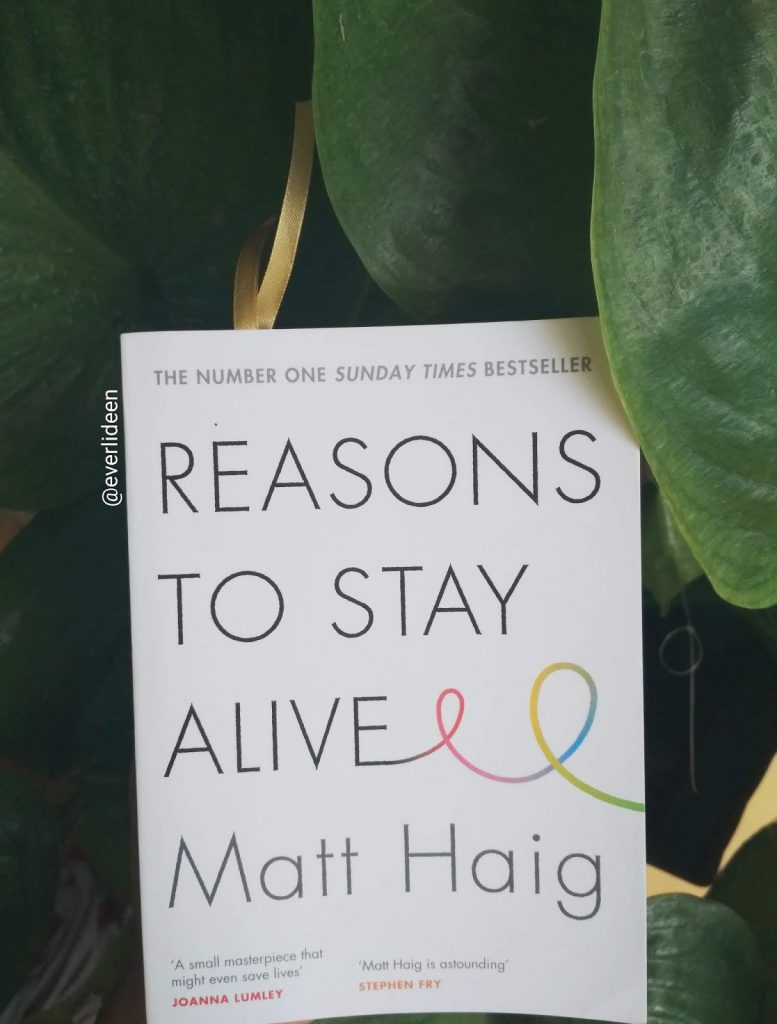


I am always grateful when an author reads their own book, but Kimmerer is a delight to listen to, not just because as the author, she puts the inflections and emphasis in the right places, but also because I can feel her smile when she talks of berries, or her sadness at the squish of salamanders or the humility of inundated waders. Her themes of gratitude and gift, reciprocation and responsibility, also bring forth new insight, but stirs something ancient and right in the depths of my bones as if I new these teachings and stories before. Far from being an imitation New Age "feathers and buckskin" kind of book, Kimmerer brings the gifts of science and poetry, traditional story and new experiences braided in the motif of the books name, woven with such care and skill as to be all, sometimes simultaneously. And sometimes cry, whether the tears were from joy or sadness or frustration or maybe compositions of those and other things. It was like someone finally spoke in a language I could understand, spoken with such a gentle power, I could not help but smile. (The 21-item list in a chapter called “Things That Have Happened to Me That Have Generated More Sympathy Than Depression” includes “consuming a poisoned prawn,” “breaking a toe,” and “bad Amazon reviews.When Kimmerer spoke the words "This concludes Braiding Sweetgrass" I wept. In confiding, conversational prose that references figures from Rumi to cult rappers, Sylvia Plath, and Shakespeare, he addresses the guilt and shame that comes with clinical depression-especially for men, who are disproportionately more likely to take their own lives-and the ways its symptoms can be misunderstood and dismissed by even the most well-meaning outsiders.

Reasons to Stay Alive is his chronicle of that time: a sort of memoir/self-help hybrid that traces his painful, unsteady climb out of suicidal despair to marriage, parenthood, and a fragile but resolute peace with himself. Or, more accurately, stop the desolation and panic that overwhelmed him in every waking moment. A smart, capable college graduate from a nice middle-class home, he had a summer job on an idyllic island in the Mediterranean, a loving girlfriend, and a whole life ahead of him. In 1999, Matt Haig seemed as happy and fit as any other 24-year-old.


 0 kommentar(er)
0 kommentar(er)
